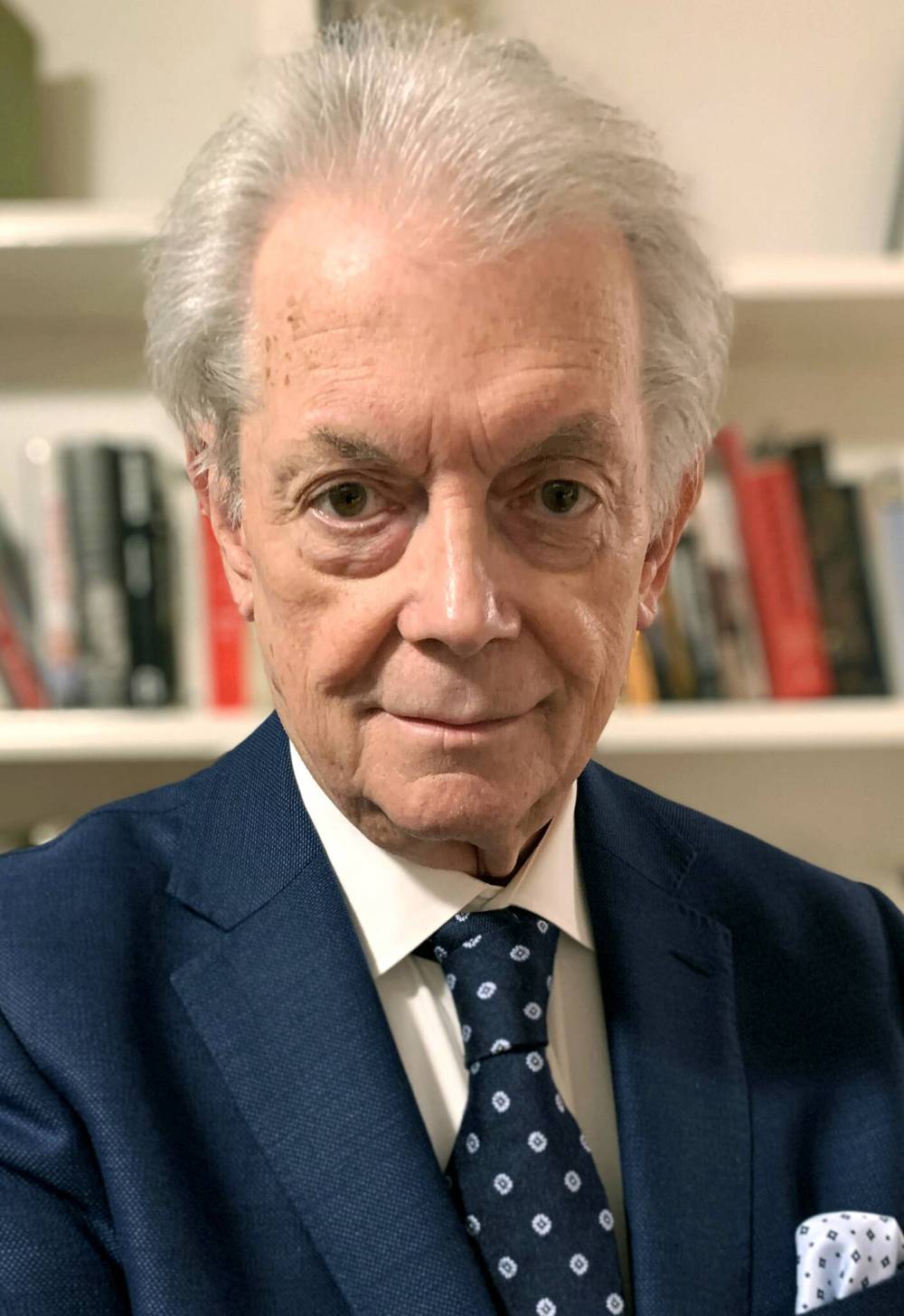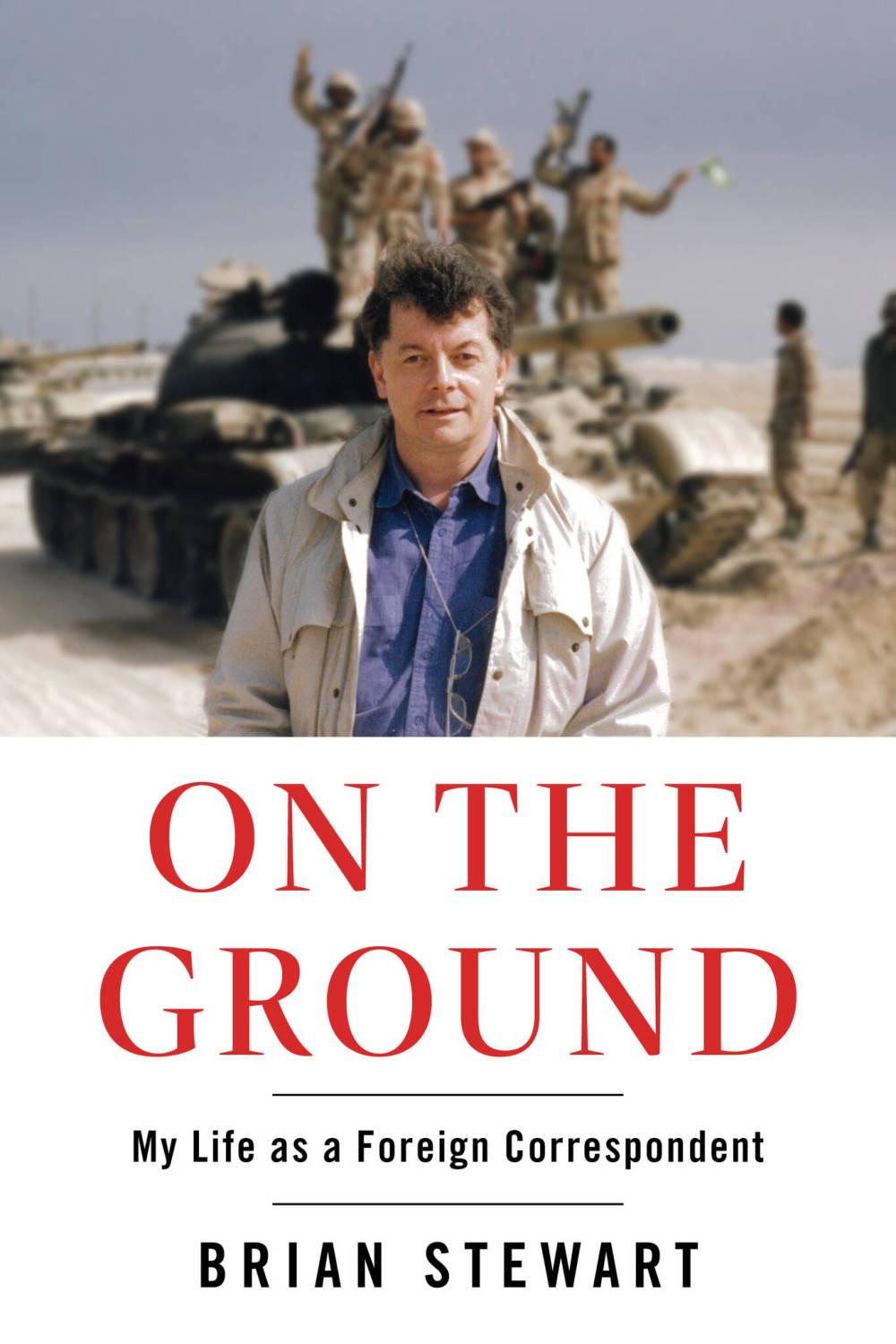In awe of the Christian aid worker
Advertisement
Read this article for free:
or
Already have an account? Log in here »
To continue reading, please subscribe:
Monthly Digital Subscription
$0 for the first 4 weeks*
- Enjoy unlimited reading on winnipegfreepress.com
- Read the E-Edition, our digital replica newspaper
- Access News Break, our award-winning app
- Play interactive puzzles
*No charge for 4 weeks then price increases to the regular rate of $19.95 plus GST every four weeks. Offer available to new and qualified returning subscribers only. Cancel any time.
Monthly Digital Subscription
$4.99/week*
- Enjoy unlimited reading on winnipegfreepress.com
- Read the E-Edition, our digital replica newspaper
- Access News Break, our award-winning app
- Play interactive puzzles
*Billed as $19.95 plus GST every four weeks. Cancel any time.
To continue reading, please subscribe:
Add Free Press access to your Brandon Sun subscription for only an additional
$1 for the first 4 weeks*
*Your next subscription payment will increase by $1.00 and you will be charged $16.99 plus GST for four weeks. After four weeks, your payment will increase to $23.99 plus GST every four weeks.
Read unlimited articles for free today:
or
Already have an account? Log in here »
During his time as a foreign correspondent and senior reporter with the CBC from the 1980s to early 2000s, Brian Stewart interviewed world leaders such as Nelson Mandela, Lech Walesa and Margaret Thatcher and reported about events like the first Gulf War, the fall of the Berlin Wall, the Rwandan genocide and the Ethiopian famine.
While reporting about those important events, one thing that stood out for Stewart was how often religion played a significant role in the news he shared with Canadians.
“I was surprised to see how relevant religion was for my reporting,” he said, noting that, like many other journalists at that time, he had come to believe that religion was an outmoded and spent force.

SUPPLIED
Brian Stewart
“I came to see that religion was part of many major stories, although it took a lot to convince my editors that was true.”
Stewart has gathered the memories of his encounters with religion, and his overall time as a reporter, into a new book titled On the Ground: My Life as a Foreign Correspondent (Simon & Schuster).
In an interview, Stewart, 83, shared about the highs and lows of his time in the field, including the impact of seeing what he called “organized Christianity in action” during times of conflict, war and natural disasters such as the Ethiopia famine, which killed as many as one million people.
“I never reached a war zone, or famine or crisis anywhere where some church organization was not there long before me,” said Stewart, who was the first North American reporter to file stories from Ethiopia during that terrible time in the mid-1980s.
These Christian aid workers were “sturdy, remarkable souls who were usually too kind to ask ‘what took you so long,’” he added.
Looking back, Stewart said he never encountered a movement as strong as “organized Christianity in action” when it came to responding to suffering around the world — and there was no one more determined and impactful than those church workers on the front lines of suffering. When he wanted to find that front, Stewart said, he followed their trail.
While his reporting helped Canadians know and understand what was happening in hot spots around the world, it took a toll on him personally.
“I witnessed horrible things,” he said, adding he was surprised not to have experienced Post Traumatic Stress Disorder like many other foreign correspondents.
What he did suffer was something diagnosed as “moral injury,” described in the book as “a wound on the soul, an affront to your moral compass based on your own behaviour and the things you have failed to do.”
“I was just a reporter, standing around with my hands in my pockets,” said Stewart of watching aid workers save people dying of hunger in Ethiopia. “I had no skills that would help people in need.”
Due to that injury, Stewart experienced a breakdown in the 1990s. Through professional care, he has recovered. But, he said, “there is no escaping the heavy spiritual lifting from it.”
Stewart knows his reporting made a difference, including for those suffering during the famine. That included his story about Birhan Woldu, the three-year-old girl who almost died of hunger. It was shown during the 1985 Live Aid fundraising concert for Ethiopia, sparking an outpouring of donations from around the world.
“I did some good, no question,” he said. “But I didn’t do as much as I could have done, or as much as those incredibly magnificent aid workers.”

He also doesn’t want to make his life sound too miserable. “I had wonderful times as a foreign correspondent,” he said. He assuages any guilt from his time as a reporter by being involved in supporting charitable works, including in Ethiopia.
One place Stewart sought solace during the hard times as a foreign correspondent was in religion.
This included regularly visiting a church in London while stationed there with the CBC. “I would sit there and listen to the choir practise, or sit in silence. It was a tremendous comfort,” he said, adding he also read the free Bibles in hotel rooms. “I needed the guidance that religion provides.”
Today, interest in religion is waning in Canada and other western countries. But Stewart still believes the media should be paying attention to it.
“There is a clear spiritual hunger everywhere,” he said, citing how the pope can attract hundreds of thousands of people to special masses. “Religion needs to have more light cast on it by the media. Reporters need to rediscover its importance around the world. Not to cover it is absurd.”
But journalism is also facing challenges, he said, noting the declines in circulation and viewership.
“It’s going through its own crisis at the moment,” he said about the cutbacks in Canadian newsrooms and in foreign bureaus. “You could get all the Canadian foreign correspondents into a minivan today,” he said, adding it’s hard to know how the media in Canada can be built back to what it once was.
Of his own spiritual journey, Stewart calls himself a “Christian agnostic.”
“I’m not a full-blown Christian,” he said. “But I have enormous respect for the kind of Christianity that responds to the needs of people around the world. It helps me see that this 2,000-year-old institution had more strength than modern media give it credence for.”
faith@freepress.mb.ca
The Free Press is committed to covering faith in Manitoba. If you appreciate that coverage, help us do more! Your contribution of $10, $25 or more will allow us to deepen our reporting about faith in the province. Thanks! BECOME A FAITH JOURNALISM SUPPORTER

John Longhurst has been writing for Winnipeg's faith pages since 2003. He also writes for Religion News Service in the U.S., and blogs about the media, marketing and communications at Making the News.
Our newsroom depends on a growing audience of readers to power our journalism. If you are not a paid reader, please consider becoming a subscriber.
Our newsroom depends on its audience of readers to power our journalism. Thank you for your support.
The Free Press acknowledges the financial support it receives from members of the city’s faith community, which makes our coverage of religion possible.


